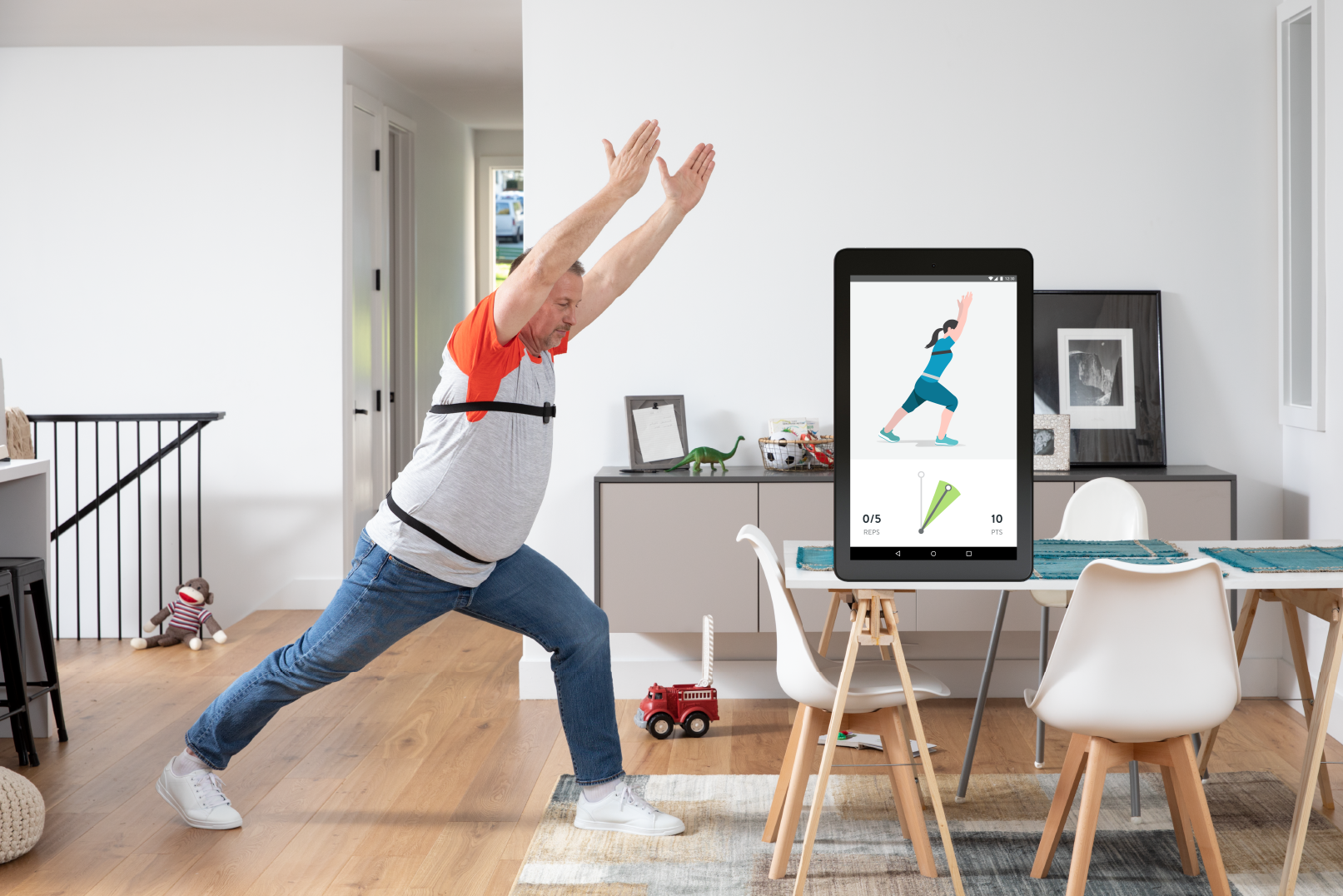During COVID-19, employees turn to digital health solutions to treat chronic pain
Due to COVID-19, millions of people are learning how to balance working from home with their everyday lives, forcing their physical and mental health to take a backseat. Left untreated, this chronic pain is being exacerbated, leading to an overreliance on
Published Date: May 11, 2020
- Hinge Health Learning Center
- Articles
- During COVID 19, employees turn to digital health solutions to treat chronic pain

